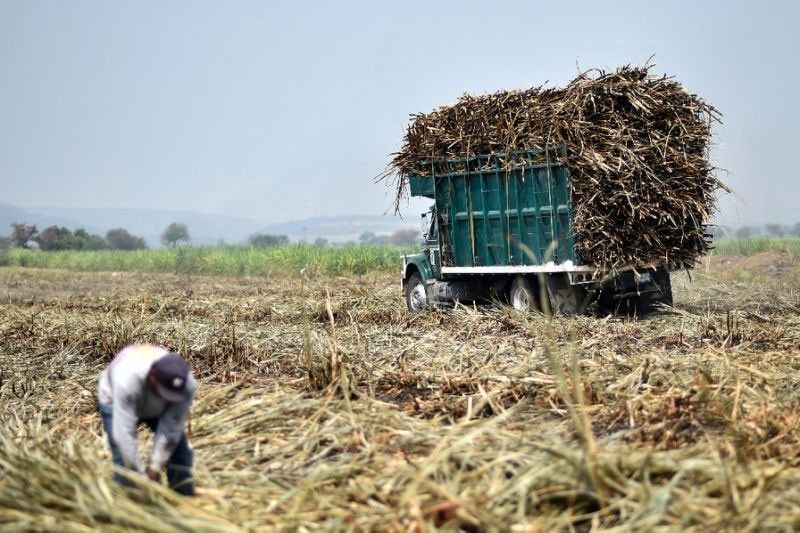Government open to alternatives to sugar liberalization plan

Manila, Phillipines — The country’s economic managers are amenable to implementing alternative solutions to improve sugar production and drive down prices instead of immediately liberalizing the sector, Socioeconomic Planning Secretary Ernesto Pernia said yesterday.
“We’ll probably do it slowly. We’ll try other steps first. If they succeed, then there may be no need for a full scale liberalization,” he said.
Such measures, he said, include one put forward by Finance Secretary Carlos Dominguez III to improve crop sharing between planters and millers.
Under the law, the planter gets between 60 percent to 70 percent share of the crop output while the mill gets between 30 percent to 40 percent.
Dominguez said due to this set-up, mills are not encouraged to invest in technologies that will improve production.
Another area worth looking into is the continued prevalence of sugar cartels and numerous middlemen in the distribution.
“The cartel, that’s a challenge,” said Pernia. “I think there’s too many handlers. Too many middlemen involved in the process.”
He noted that it may help if the Philippine Competition Commission (PCC) can look into the matter.
The National Economic and Development Authority (NEDA) plans to commission a study on the proposed liberalization of the sugar industry early next year.
Economic managers were pushing for the lifting of sugar import restrictions to increase supply and drive down prices. This is seen to improve the competitiveness of the domestic food manufacturing sector.
Dominguez noted that the domestic sugar supply cannot keep up with the rising population as seen in the frequent shortage and prevailing high prices which are double the world market prices.
The Senate last week passed Resolution 213 urging the executive department to back down on the proposed liberalization of the sugar industry.
The resolution said the proposed liberalization does not support food security efforts and the goal of sustainability of Philippine agriculture.
The proposed liberalization of the domestic sugar industry comes on the heels of the liberalization of the rice industry that saw the removal of quantitative restriction on imports in favor of a uniform 35 percent tariff.
This has been met with strong opposition from farmers who have been complaining of rapidly falling palay prices.
Pernia said that despite the short term pain caused by the transition to a new tariffication regime, the law should remain and measures to soften the blow on farmers should be implemented immediately.
“There are already measures that would alleviate the hardship of farmers,” he said.
The government announced recently that farmers affected by low palay prices will receive a total of P3 billion in cash subsidy before Christmas which will be sourced from higher tariff collections from rice imports.
Pernia said it will do the economy more harm than good if rice imports are stopped because there will be a renewed spike in inflation because of higher rice prices.
“We will be back to last year, and the poor will suffer. You know the inflation for the 30 percent poorest has really come down to 0.9 percent,” he said.
- Latest
- Trending



























